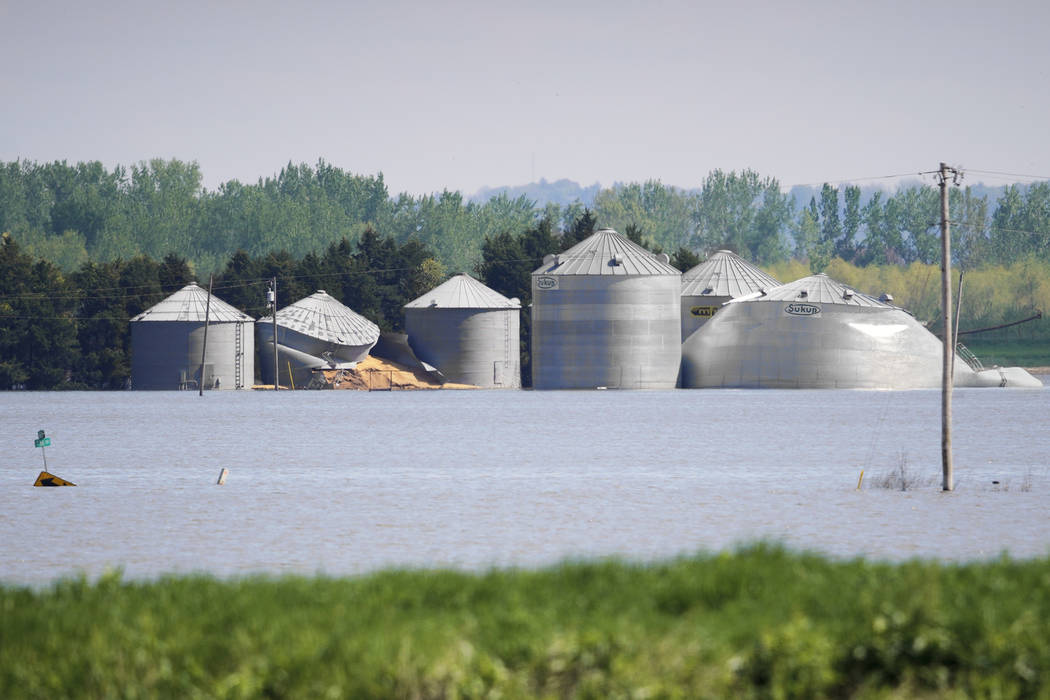EDITORIAL: Trump’s farm subsidies have surpassed losses from auto bailout
If the president bails out a favored industry and no one notices, does it still increase the national debt? Unfortunately, yes.
Over the past two years, the U.S. Department of Agriculture has announced that it has allocated $28 billion for farmers hurt by falling commodity prices. The price for crops, such as soybeans, is down because of the trade and tariff fight between President Donald Trump and China. As Dan Charles with NPR reported last month, farmers have long benefited from government subsidies. These payments, however, are “unprecedented.”
They are also enormous. The government has paid out around $19 billion by the end of 2019. The rest will go out this year. It’s hard to comprehend numbers this large, so here’s some context. The government has already lost more on farm subsidies than it did on bailing out failing automotive firms during the Great Recession.
In total, taxpayers spent almost $80 billion keeping afloat General Motors, Chrysler and Ally Financial, a car financing company. Taxpayers eventually recovered about $63 billion, for a total loss of more than $16 billion. That’s according to Conn Carroll, writing at townhall.com in 2015.
Trump’s farm subsidies will be almost twice as large, but there’s been little debate or controversy over this program. One factor is that the auto bailouts needed congressional approval. At the time, some Republicans argued against the bailouts. Notable among them was Mitt Romney, who wrote an op-ed in The New York Times headlined “Let Detroit go bankrupt.” He urged the government to stay out of the way and let automakers restructure their companies through a managed bankruptcy.
Whether you agreed with the auto bailouts or not, there was a vigorous public debate. The USDA has short-circuited that public discussion when it comes to farm handouts. It argues that it has the authority to distribute the $28 billion in aid through an existing program called the Commodity Credit Corp.
Republicans shouldn’t let their political camaraderie with Mr. Trump keep them from questioning these subsidies or the administrative state once again expanding its reach. At the very least, they should have demanded payments receive congressional approval. If Democrats hadn’t spent the past many months obsessed with impeachment, they could have had the political capital to make this a high-profile issue.
These subsidies also show that Mr. Trump’s boast about trade wars being “easy to win” was empty bravado. Free trade increases economic output for participating countries.
If Mr. Trump had so quickly and easily won his trade war with China, he wouldn’t have needed to rely on massive subsidies to keep farmers happy.





























